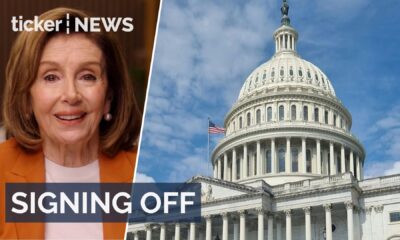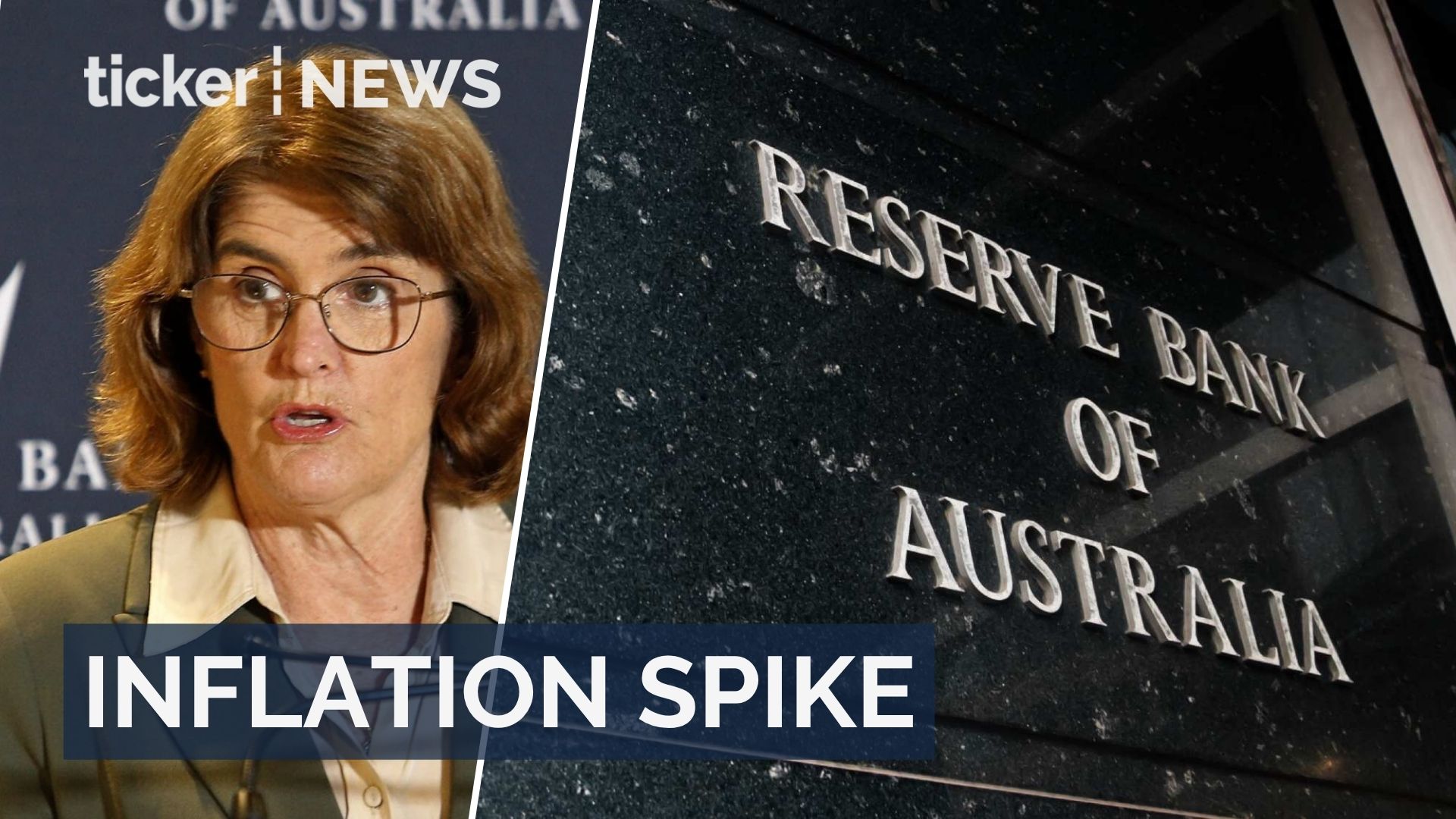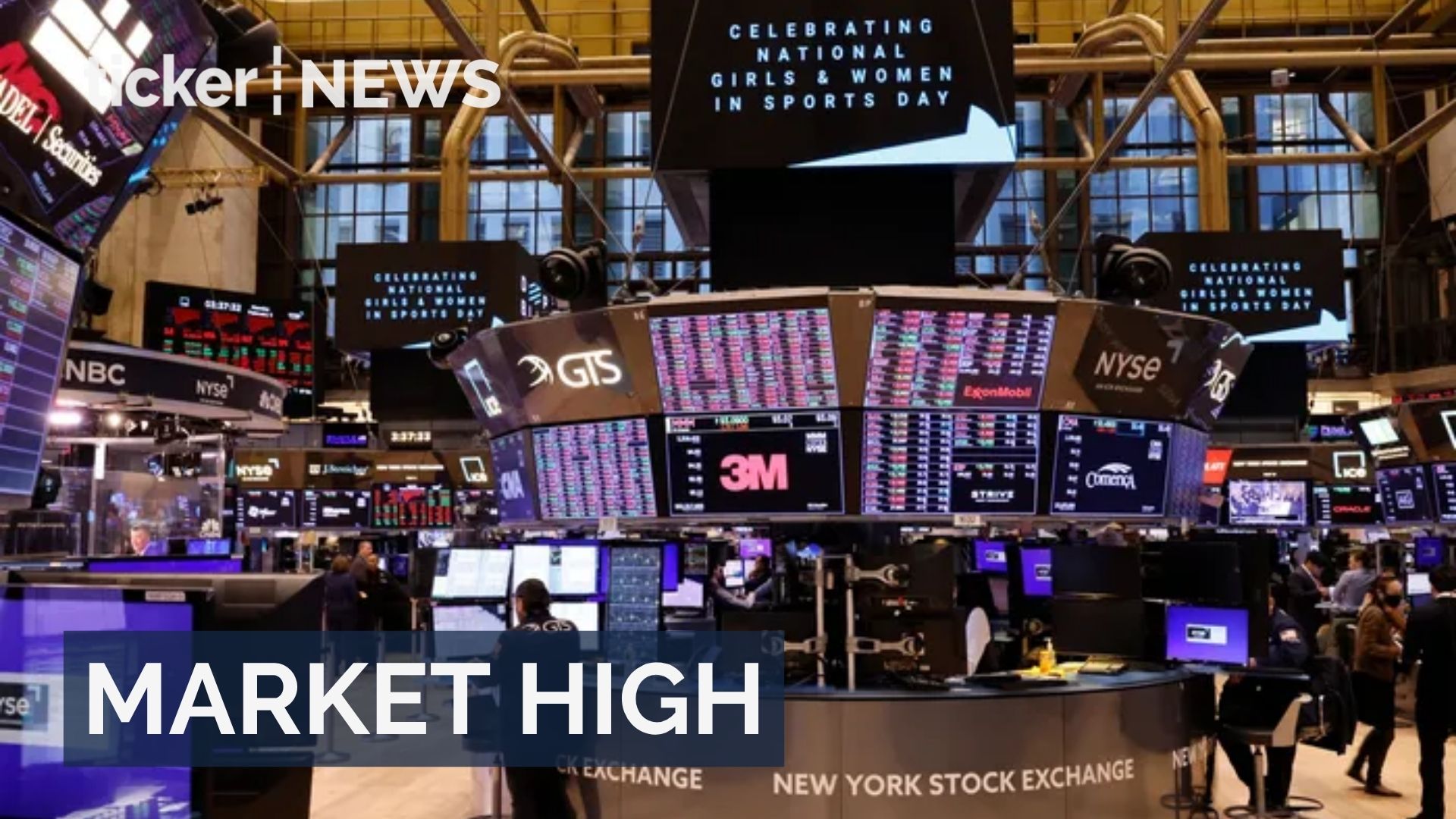Money
Small business under pressure as tax office claws back $34 billion


Money
Are we in an AI bubble or just a market reality check?
Tech stocks falter as AI boom faces reality; market shifts towards gold amidst growing investor caution.
Money
Inflation rise reduces chances of Reserve Bank rate cut
Inflation spikes, drastically reducing chances of a Reserve Bank rate cut amid economic pressures and rising costs
Money
Wall Street hits record highs on low inflation
Wall Street hits record highs on cool inflation and strong earnings ahead of key Federal Reserve interest rate decision
-



 Money4 days ago
Money4 days agoAre we in an AI bubble or just a market reality check?
-



 Shows6 hours ago
Shows6 hours agoFuture of livable cities: insights from Ludo Campbell-Reid
-



 News4 days ago
News4 days agoBetoota’s fake $34.5 million Sportsbet deal sends media Into meltdown
-



 Shows6 hours ago
Shows6 hours agoCo-living revolutionizes affordable urban living in UK
-



 News3 days ago
News3 days agoWall Street wobbles as RBA and Tesla face tests
-



 News5 days ago
News5 days agoUPS cargo plane crashes in Kentucky, as death toll rises
-



 Shows6 hours ago
Shows6 hours agoWater infrastructure investment essential for Australia’s future growth
-



 Politics3 days ago
Politics3 days agoNancy Pelosi announces retirement from Congress after decades










